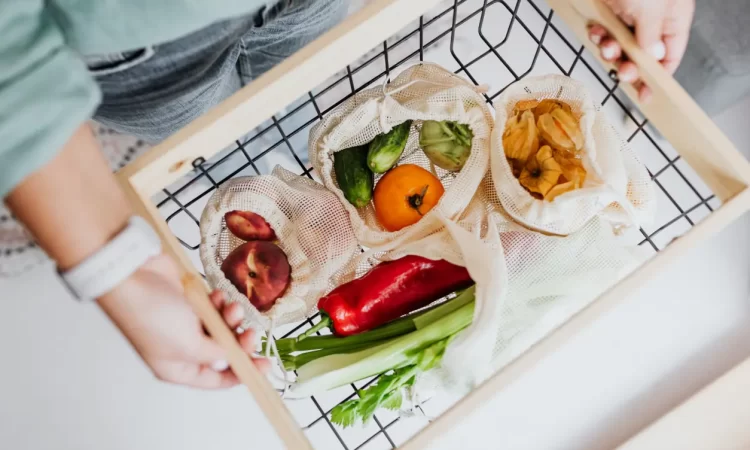Sustainable kitchens take several measures towards environmental conservation. This includes the use of energy-saving appliances, buying organic foods and supporting local farmers.
Using vegetables from neighboring farms reduces food miles as well as fuel consumption. It is also important to choose fruits and vegetables that are in season.
How to Minimize Food Waste
Minimizing food wastage in the kitchen is not only good for the environment but can also reduce restaurant operational costs significantly. Some methods used to minimize waste include accurate dosing, reusing leftovers, and proper storage.
To promote creativity among staffs when it comes to food repurposing, incentives can be offered or contests run within the organization. Also installing labeled bins for separating waste products between expired ones and customer plates can help identify areas with high levels of kitchen wastes. Kitchens can lower their energy consumption by installing energy-efficient appliances, sealing gaps and using power strips with power limiter to eliminate “phantom energy usage” apart from cutting down on waste levels.
Composting
Composting involves converting food scraps and other organic wastes into nutrient-rich soils that can be used in kitchen gardens thereby reducing garden cost while at the same time lowering methane emission from landfills.
Another environmentally sustainable option is getting local fresh produce since they do not have long distances to travel thus no need for packaging materials or transportation costs which are incurred during transit. In addition local-grown ingredients spend more time ripening before travelling hence producing tastier fruits and vegetables.
Setting up a sustainable kitchen is an ongoing process that calls for continuous improvement through various practices as well as monitoring eco-friendly applications implemented within your kitchen so as to ensure its success over time.
Reuse
Replacing plastic utensils with reusable ones, substituting paper towels for cloth ones or changing from aluminium trays to stainless steel trays when frying foods are some simple ways through which waste generation and energy consumption can be reduced in a kitchen. Also putting hot foods in an ice box for longer storage duration will save more energy; proper refrigeration techniques can further cut down on energy use.
Some of the choices that can be made to reduce environmental impact resulting from kitchen practices include using compost bins and gardening for produce. Getting involved with local food donation or redistribution initiatives ensures no surplus food goes waste while monitoring and evaluating your efforts frequently helps you to keep improving.
Recycle
Kitchens can be sustainable without being inconvenient by using energy-efficient appliances or composting waste thus reducing their impact on the environment.
Planning meals in advance, shopping wisely and making use of leftovers are effective ways of minimizing food wastage. Another sustainable practice is buying local seasonal produce which cuts down carbon emissions associated with long distance transportation.
Recycling paper, plastics and metals is another option for making kitchens eco-friendly. Furthermore using an oven that consumes less electricity will help save power. Organic foods are also good for the planet.
Energy-Efficient Appliances
Kitchens are among the leading areas in homes where high energy is consumed regularly hence there is need to adopt energy saving methods such as use of energy efficient appliances.
Replacing regular incandescent bulbs with LEDs can save 75% in energy costs and last much longer. Also, task lighting in your kitchen design can provide illumination where it is most needed and prevent wasted energy by lighting empty spaces.
Other ways to cut energy usage include covering pots with lids (it will make them boil faster), turning off the dishwasher and refrigerator when it’s not needed, unplugging small appliances like blenders Keurigs coffeemakers microwaves that use energy on their own and unplugging small appliances such as blenders Keurigs coffeemakers microwaves which use up “phantom power” that spikes electrical bills every month.
Biodegradable Items
Sustainable kitchen practices are about more than just being eco-friendly; they promote health too. From stocking nutrient-dense ingredients to selecting non-toxic cookware and cleaning supplies, sustainable practices lay the groundwork for a healthier way of life.
Compost bins offer an efficient means of recycling food scraps and organic waste into nutrient-rich soil which helps to reduce greenhouse gas emissions while conserving natural resources. Choosing local produce cuts down on transportation costs as well as energy-intensive packaging needs, same goes for buying things made close by.
Reusable “un-paper” towels can be an easy, cost-effective answer to reducing paper waste – saving landfill space while also cutting back on toxic chemical usage.

